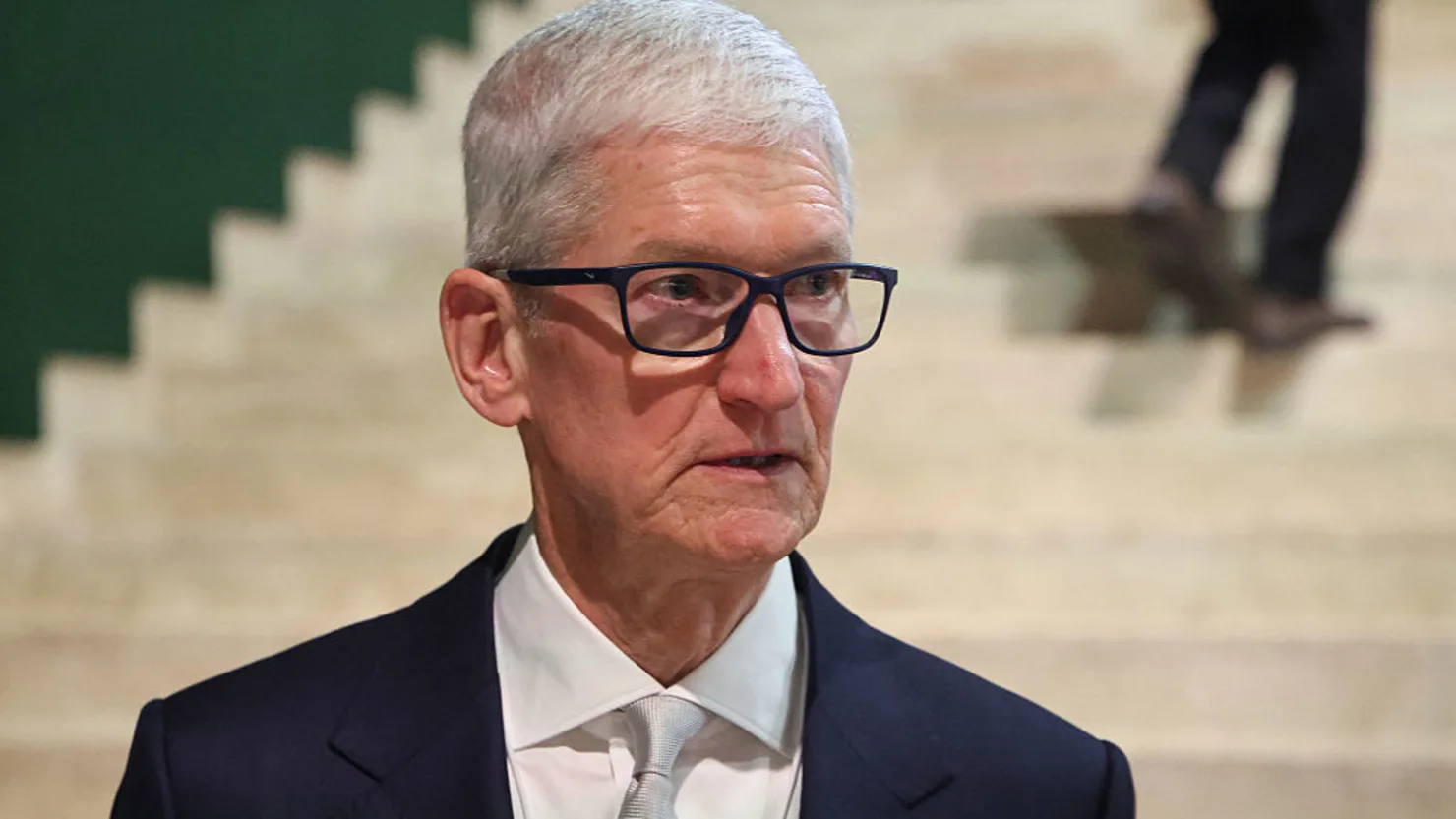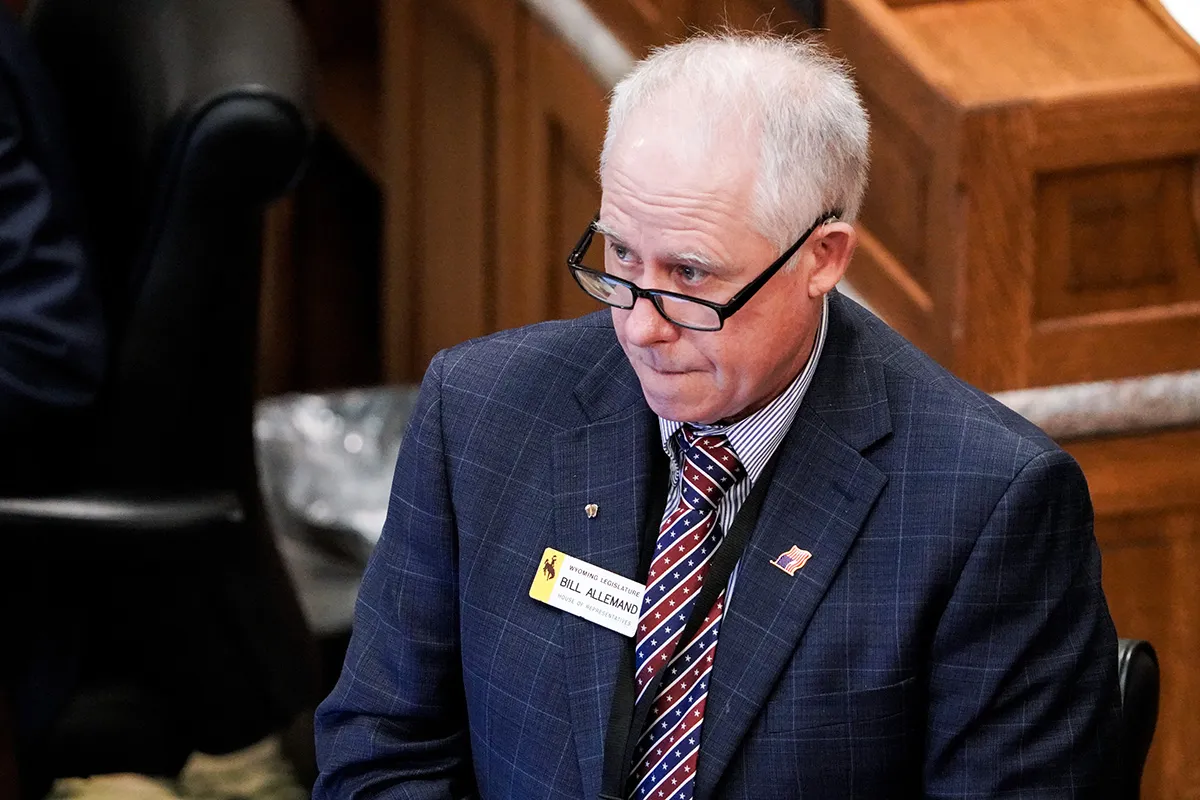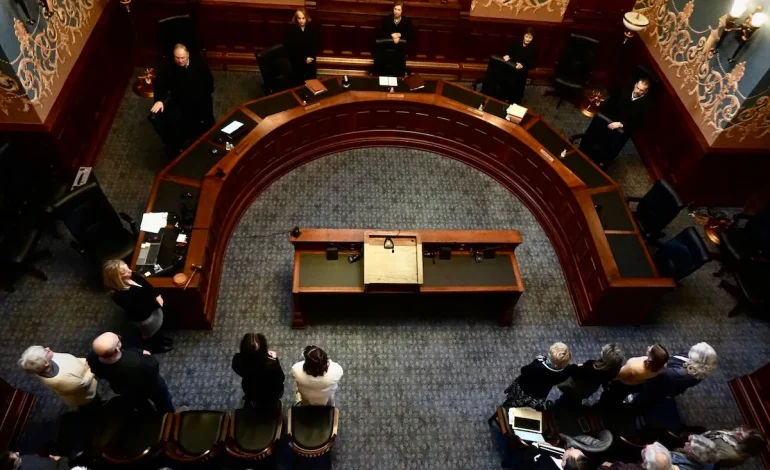After a series of legal rulings that blocked key legislative efforts — including the state’s abortion ban and other Freedom Caucus-supported initiatives — members of the Wyoming Freedom Caucus are turning their focus to the judiciary, calling for changes to how judges are appointed in the state, WyoFile reports.
In a series of recent blog posts, the conservative legislative bloc criticized what they described as an “insider-dominated” court system. The group claims the current judicial appointment process lacks public accountability and has contributed to decisions they view as politically motivated.
“For far too long, the judicial branch has been seen as untouchable,” one post read. “It’s time for judicial reform in Wyoming in a way that gives the people a stake in our bench.”
The calls come as the Wyoming Supreme Court considers the constitutionality of recent abortion laws passed by the state Legislature. Last year, a Teton County judge ruled that a statewide abortion ban violated the Wyoming Constitution. More recently, a Natrona County judge blocked two additional laws requiring ultrasounds prior to abortion pill use and imposing restrictions on the state’s only abortion clinic.
The Freedom Caucus has pointed to these rulings — and others that allowed lawsuits against conservative causes to proceed — as evidence that the judiciary is unbalanced. They argue the current system, which uses a commission-based appointment process known as the Missouri Plan, lacks transparency and invites ideological bias.
Under the Missouri Plan, a nonpartisan judicial nominating commission evaluates applicants and sends a shortlist to the governor for selection. The commission includes three lawyers elected by the state bar, three non-lawyers appointed by the governor, and the chief justice of the Wyoming Supreme Court, who serves as chair.
Freedom Caucus leaders say this model has allowed legal elites to consolidate power. Instead, they have floated alternatives, including giving the governor broader appointment powers — similar to the federal model — or even electing judges directly. However, they stopped short of formally backing judicial elections, with some leaders expressing reservations about potential politicization.
Opponents of the caucus’s push say it threatens the separation of powers and could undermine judicial independence. Rep. Karlee Provenza, D-Laramie, argued that the move appears to stem from dissatisfaction with constitutional rulings, not structural flaws.
“This boils down to them not appreciating the Wyoming Constitution, and at times, the US Constitution,” she said.
Other conservatives have also voiced caution. Rep. Cody Wylie, R-Rock Springs, suggested that legislative failures may lie in flawed bills rather than a biased judiciary.
“When legislation is unconstitutional or doesn’t fit within Wyoming law, it doesn’t stand. The solution: Do the work,” he wrote.
Judicial nominating commission members defended the process. Sheridan attorney Clint Langer called it apolitical and merit-based.
“You would have to get lawyers and citizens appointed by a Republican Governor all agreeing to infuse left-leaning politics into the system,” he said.
Despite the Freedom Caucus’s assertions that public trust in the courts is waning, a 2024 survey from the Wyoming Survey and Analysis Center found that more residents approved than disapproved of the way state judges handled their responsibilities.
Still, the caucus maintains that reform is necessary. House Appropriations Chair John Bear, R-Gillette, said giving the governor more discretion could enhance voter accountability. Caucus Chair Rep. Rachel Rodriguez-Williams, R-Cody, argued the current system favors entrenched legal interests over public input.
It remains unclear what specific reforms will be proposed. A constitutional amendment to change how judges are selected was floated in the last legislative session but ultimately did not advance.










The latest news in your social feeds
Subscribe to our social media platforms to stay tuned